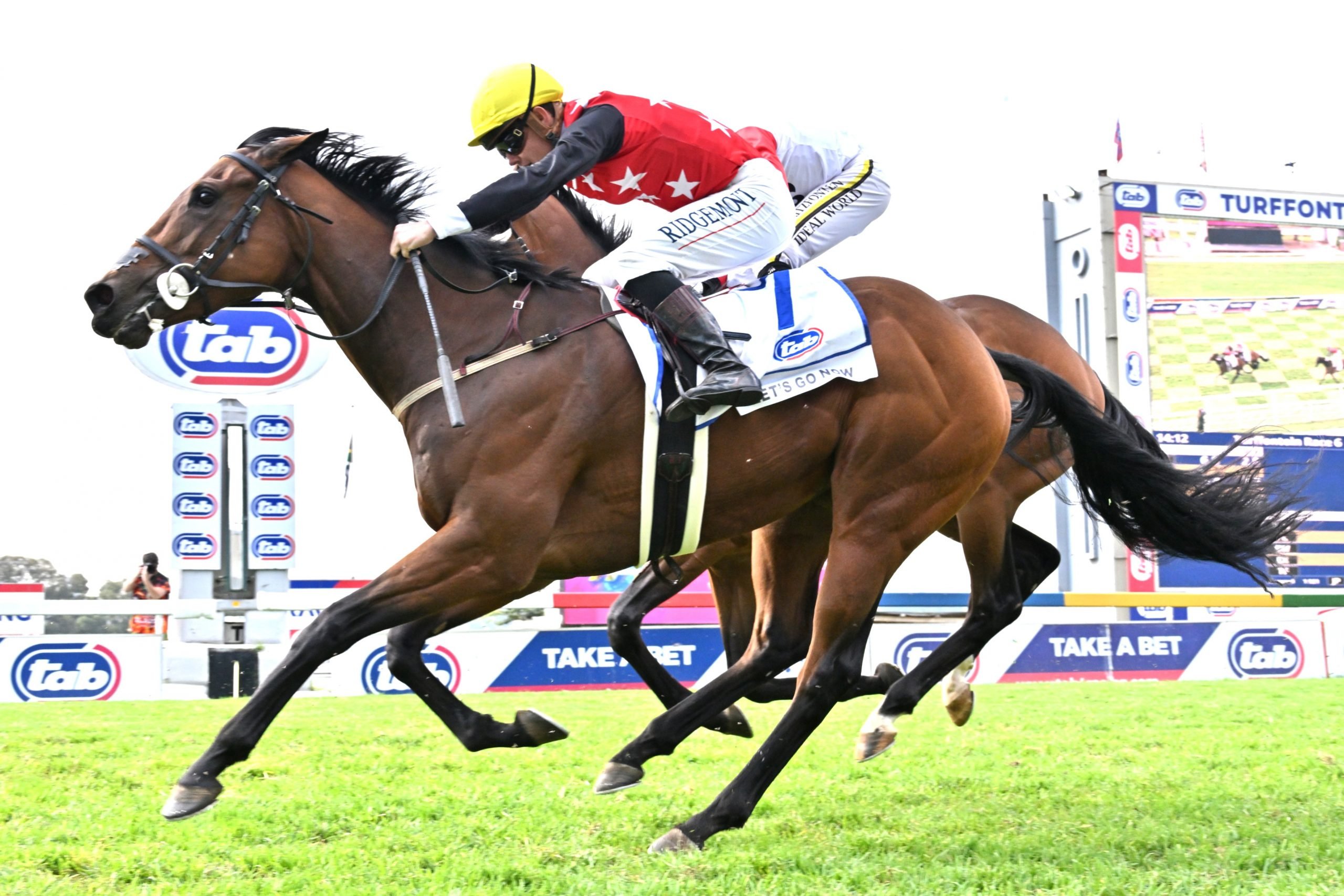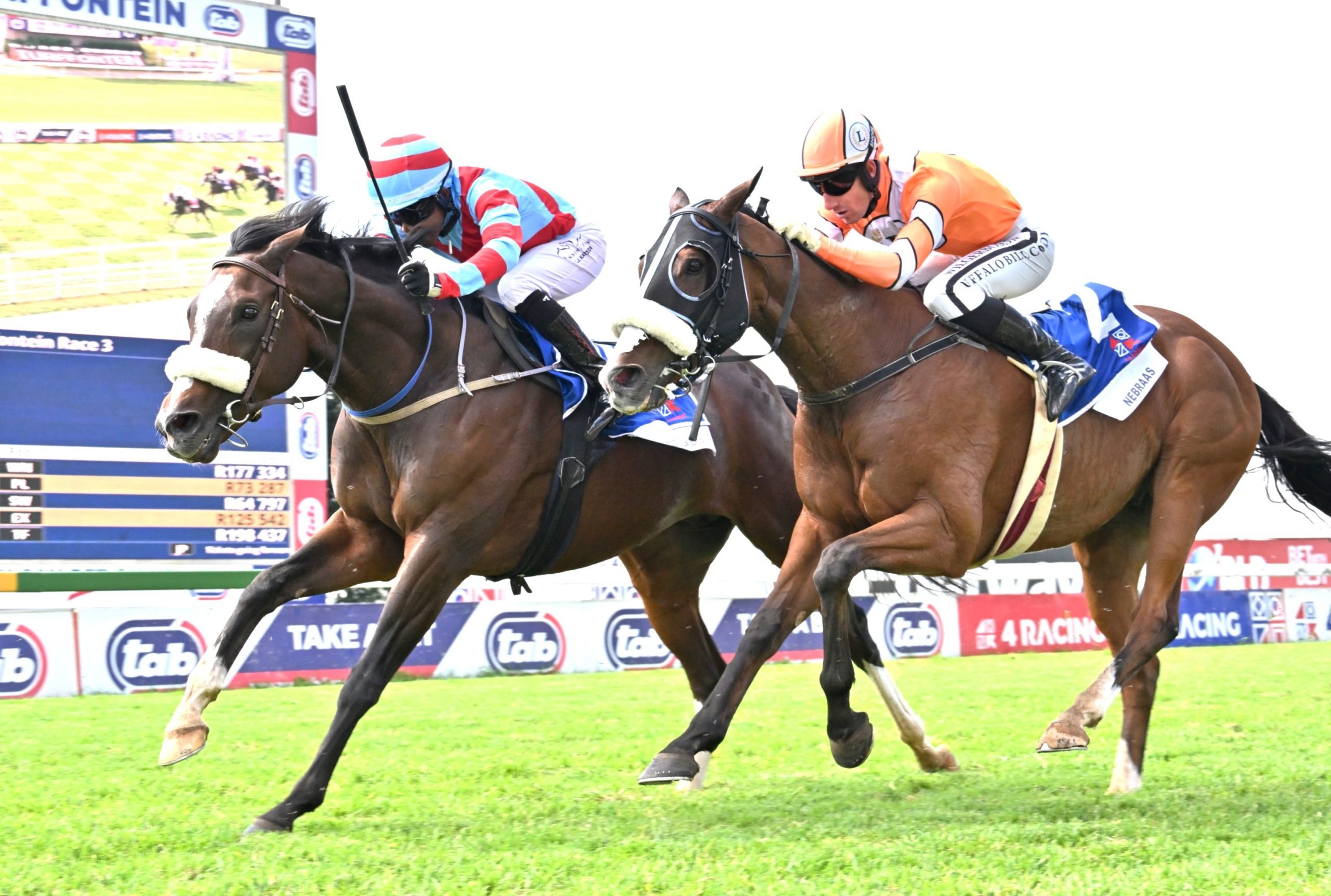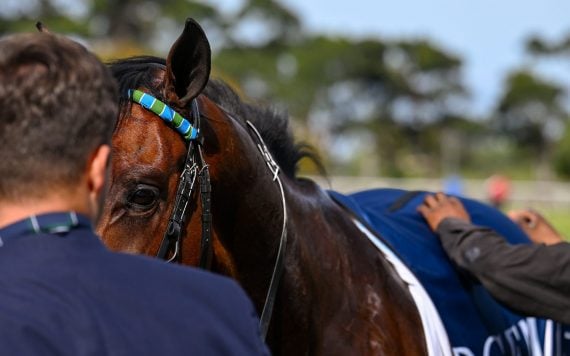I pride myself on being honest and representing things as accurately as I can. This does not mean that I do not make mistakes or errors in judgement – I am as human and fallible as anyone else. However if I am asked for an opinion I feel a responsibility to give one as honestly as I can. Which basically means that if I’m asked ‘does my bum look big in this?’ you are likely to get a truthful answer.
I often ask for advice on things I write or discuss opinions or thoughts with people whose opinions I value before I write and the criticisms are by far more helpful and constructive than the ‘you’re doing fine’s. Because I don’t just want to do ‘fine’. And I like to think that people who ask for my opinion are also striving to do a bit better than that.
As an example, I commented favorably about the 2011 Queens Plate as I had had an exceptionally enjoyable day, thought it had been well executed and was generally a top day out. I was less enamored of the 2012 version. I thought long and hard before submitting my column that following week. However I finally decided that if I had been invited to comment (which is surely what being press implies) then I should do so honestly, otherwise I was not doing justice to myself, my hosts or my readers. It was hard for me to do as I know and admire the LQP team enormously and know how very hard they work and how much they put into the event and it is a measure of their professionalism and commitment to keep improving that they took my comments on board.
I put my opinions out in the public domain. This is not always quite as easy or as much fun as people might think! But I do so as honestly and sincerely as I can and give everyone a ‘sporting’ chance of agreeing or disagreeing as we have a standing invitation for readers to contribute to our mailbag. Which is a lot less than I get from the folks who simply say things – usually a lot less circumspectly – in private (although a lot of those opinions filter through too, you might like to know). And some are fair and some are less so, but hey, this is racing and the beauty of the game is that we all have different opinions and that is as life should be. Without any difference of opinion, there can be no progress or constructive change. And it probably does me no harm to have a slightly thicker skin either.
As another example, last year I interviewed Mr Adams about his views on the proposed GC divorce and merger with our up-country cousins. He was very strongly in favour of the deal, stated his views accordingly and I reported it as accurately as I could. Interestingly I received no feedback on that article.
I recently had occasion to interview Mr Adams again and it turned out that his views had changed somewhat. Again, I reproduced his opinions as faithfully as I could. Well I received some lively feedback that time I can assure you!
So am I deplorable for representing the first opinion, the second, or both?
I quite often get told that I say terrible things. Although interestingly I also often get told that I’m far too restrained ! So you guys are quite a tough bunch to please. So I stick to the old adage that if you can’t please everyone, you might as well please yourself.
Is Mr Adams correct regarding the opportunities available to horses in the Cape? Well, the stats he bases his argument on certainly seem to support his argument. I have been looking for races for my modest string of horses and have also found it a challenge. So I was grateful to receive a call from Patrick Davis who, in his usual gracious, friendly and efficient manner tried to explain why the programme and fixtures ran the way they did and how the operators would be handling things going forward. I believe there are plans for him to go on tv shortly along with a number of colleagues to explain the matter publicly. Surely this is a good result and full marks to our operators for being open-minded and proactive (see, I can be nice!)
.
Olympic musings
There has been a great deal of discussion and debate around the London 2012 Olympic Games. Despite the gloom-mongers and nay-sayers, it has turned into the most phenomenal success. I passed through London recently and the spirit was palpable. The good weather helps, admittedly, but no matter where you went, private, dour London had a smile on its face. Officialdom and ‘the system’ – be it the airport, public transport or the Vodafone shop we visited to connect to the local communications network – suddenly rose 110% to the occasion and truly were there to serve the customer and try to add value to your day. Best of all, they appeared to enjoy doing it. So yes, it was still expensive and still took ages to get from A to B, but for a change one felt good parting with your money and sharing a hot, stuffy train with other hot, stuffy commuters. There was a real feeling of tolerance, camaraderie and all being in it together.
And why? For the greater good of course. There are Games on. And Britain is anxious for everyone to have a good time. What I found interesting was that there was no air of “we are the hosts and aren’t we clever / important’. Like any good host, the emphasis was on ensuring that the guests had a good time and could get on and enjoy the show. London provided the platform and allowed the athletes to provide the magic. Some lessons there I think.
I will no doubt get into trouble for poking my nose in where it isn’t wanted, but there have been rather a lot of goings on in our ‘admin wing’ and with the added interest of the end of the season, the tightly contested Championships and Awards season being upon us, it has been interesting to observe the mood and our local personalities (from my lofty perch in the cheap seats of course !).
It has made me think a lot about the spirit of sportsmanship, which again, coincided neatly with the Olympic Games. The modern Summer Games were created by Baron de Coubertin, who in turn was inspired by two Britons – educationalist Thomas Arnold and William Penny Brookes (creator of the games at Much Wenlock). The Baron’s doctrine was that “organized sport can create moral and social strength” and was derived explicitly from the English public school ethos, so in fact and it was the British who did most to codify many of the sports at the Olympics’ heart.
I am, perhaps naively, a believer in the Baron’s philosophy. I am not nature’s most patient or tolerant person, so it probably proves a Divine sense of humor that I should be gifted a love for horses, who tolerate neither impatience nor intolerance. Well, not for long anyway !! Horses also do not care who you are, where you’re from, or the size of your bank account, beautifully evidenced in the Olympic dressage this year.
Carl Hester, who could be called the senior member of the British dressage team, generously gave Charlotte Dujardin (his protégé and work rider) the ride on his horse Valegro because he felt that the horse went better for her. As things turned out, both Carl and Charlotte made the British team, Carl on Uthopia and Charlotte on Valegro. History reflects that the Brits won team gold in the dressage and then Charlotte, who left school at the age of 16, won an individual Gold in the Freestyle on her borrowed horse Valegro, beating fellow countryman, the artistocratic and uber wealthy Laura Bechtolscheimer on Mistral Hojris. Isn’t that amazing? But horses are just like that. Horsey activities may be considered elitist, but usually only by people who have never come into contact with the beasts – even the most cursory involvement will show that a horse is likely to consider its groom well above its owner!
In stark contrast, another interesting Olympic story was the furore surrounding the South African eventing candidate, or as it turned out, candidates. Paul Hart, on his South African-bred Thb Heartbreak Hill who I wrote about a few weeks ago, had their Olympic rug pulled from under them at the 11th hour. A gentleman called Alex Peternell was South Africa’s original candidate, but when his horse got injured, Paul took over the Olympian slot. However, Alex managed to purchase another horse and qualify it just in the nick of time. As he remained higher on the rider rankings than Paul, he appealed to the Court of Arbitration for Sport (CAS) who ruled in his favour and ordered SASCOC to support Alex instead.
It caused an uproar in the South African equestrian community and divided opinion right down the middle. Some felt that Paul was the rightful, more sporting choice and others that Alex had equal rights to the opportunity given that he was acting entirely within the qualification criteria. And to be fair, both arguments have their merits – a starting berth at the Olympic Games is so sought after that most people would move heaven and earth for the opportunity. However, there is no doubt that the last minute change caused dissent in the ranks, leaving a decidedly bitter taste and turning a lot of supporters off altogether.
But as the line between sport and business becomes ever more blurred, which is the more noble pursuit? Business rewards winning at all costs, whereas sport takes the approach that it is the taking part, rather than the result that counts as the benefits of training and taking part are rewards within themselves.
But philosophy and finance make uncomfortable bedfellows. No wonder there are conflicts when the two meet. We saw similar conflicts with our recent jockey championship. There were murmurs about allowing Zimbabwean rides to be counted towards the championship, but as it was allowed within the rules and there was nothing stopping any other sufficiently motivated riders to take advantage of the opportunity, it was technically fair. There were further rumblings about other jockeys getting on (and off) horses due to various contractual obligations and administrative technicalities, which kept our stipendiary stewards (and anxious owners and punters) on the hop. Again, all done perfectly within the stipulated rules and regulations and therefore technically correct, but again, it just didn’t feel sporting somehow and with all the convoluted ins, outs and last-minute changes, one tended to rather lose interest in the whole affair.
Racing, as with any other endeavor, includes a mix of people with a mix of motivations. Some are in it for the love of the game and others for the love of the money and there are no rules or regulations stipulating for or against either. However, when it gets to Awards ceremonies, the word ‘champion’ suddenly rings a bit hollow.








